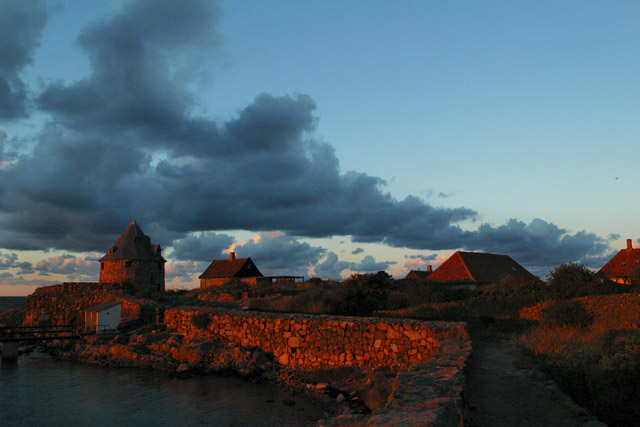Analyse sur les ressorts du "Soft-power" du Qatar
Le journal libanais arabophone As Safir a publié une analyse sur les ressorts du « Soft-power » du Qatar dans lequel j’apporte des éclairages notamment sur le tropisme des dirigeants du Qatar envers la France. L’article a été traduit en anglais et posté sur le site « Al Monitor ». Nous mettons ci-dessous l’article en anglais :
The Greek government, in the midst of a severe economic crisis, recently decided to knock on Qatar’s door for a chance at survival. It hopes that Qatar will help it overcome its crisis, or at least alleviate some of the burden.
Many European countries have gone down a similar path with Qatar. This raises questions regarding the relations between Europe and Qatar, and about how this small Gulf state has become such an important player among major countries.
Qatar invests billions of dollars a year in Europe, including millions in the real estate, hotel, sports and media sectors. This small country — with an area no larger than 12,000 square kilometers and 500,000 people — has become one of the world’s biggest investors, and invests particularly heavily in Europe. Qatar’s relationship with France however, is one exception. There, it maintains a « more private » strategy.
Given that its oil and gas revenues are in the hundreds of billions of dollars each year, Qatar is able to aspire to broad goals.
The small nation of Qatar has developed its soft power capabilities in Europe and in France, taking advantage of a variety of factors and surpassing the many barriers and prejudices preventing it from reaching its goal. This goal was summed up by the Qatari ambassador to Paris, Mohammed al-Kuwari, who was quoted in the French newspaper Le Monde as saying, « Qatar’s financial resources have allowed it to open up to the world, which is crucial to its future. »
Qatar, which has witnessed major growth over the past 15 years, is trying to improve its image in Europe by investing in this continent suffering from a serious economic crisis and sluggish growth.
The Gulf state’s influence first emerged in Europe’s banking sector, especially in those countries experiencing accrued crises as a result of the economic recession taking hold of the « old » continent. It then expanded its presence in the real estate and tourism sectors before moving into media and sports.
Price decreases have provided many investment opportunities for the Gulf states at large, and has allowed them high annual revenues.
Lire la suite sur mon Blog Le Monde …


